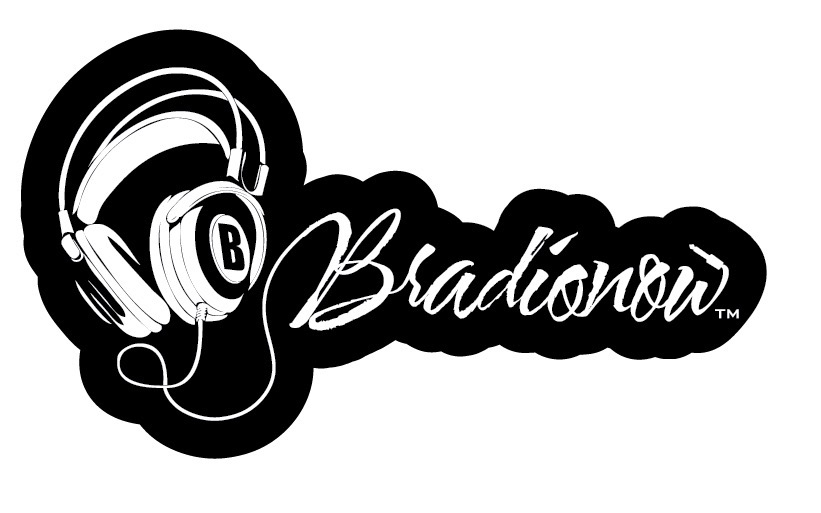
“The album’s material has a rich balance of ratchet and righteousness.”
If we were to judge a book by its cover, then based on the cover of When I Get Home we know exactly what to expect from Solange’s fourth studio album. The new artwork mimics, and serves as a sequel to her previous album A Seat at the Table. The two albums don’t pale in comparison when it comes to style, tone, and theme, making them a match made in music.
When I Get Homedoesn’t sound like a typical continuation, more so of a to be continued story being told from ASATT. Too bad majority of the interludes are unnecessary, and don’t assist to the overall story being told. The album reminds you that Solange doesn’t make music for radio, and that’s good, because it lacks any chance of a hit song. This project will differentiate the fans who like Solange, from the fans who likes Solange’s music.
It’s not that WIGH doesn’t possess great content. It’s that her creative sound takes the attention away from her content. The album’s material has a rich balance of ratchet and righteousness. Who else can get away with singing about being big black and brown liquor all on the same song (besides her sister?) “Brown liquor/brown sugar/brown face/black skin/ black benz/black plays/ black molasses…” -Almeda

Nevertheless, WIGH showcases Knowles veering more into her creative lane, but lacking the growth sonically on the artistic side. If not paying attention, a vast of the songs sound similar, and that downside is a repetitive feeling of one long song that causes boredom. Sequence is key to a great album, and the project could use a few tweaks to fashion a better LP, or an even greater EP. 19 tracks that sum up 39 minutes in listening pleasure sounds slightly all over the place. But in today’s musical climate only a few can get away with this, and still receive praise. You can still appreciate When I Get Home, because it’s strange, strong, southern, and still black ass! Even though the songs sound incomplete and freestyled, it’s on trend with being a “vibe,” and not sounding like an actual album.
Despite all the mishaps WIGH has. Solange celebrates black culture and manages to still cohesively deliver an ode to her birthplace. You can hear the Houston Texas influence on “Stay Flow.” As she pays homage to the legendary DJ Screw with her seamless chopped & screwed transitions. Not to mention the “S McGregor (interlude)” which is a staple bypass in Houston where The Allen Sisters (Debbie & Phylicia) grew up. The interlude features Phylicia reciting her mother’s poem “On Status.” When I Get Home allows Knowles to stay connected to her roots as she reminisces and reminds us about the place that’s responsible for her lineage. Solange’s music continues to remind us that she isn’t for everybody, and neither is this album. Partly because it’s about feeling the richness of Houston, which is why she anticipates getting home.
